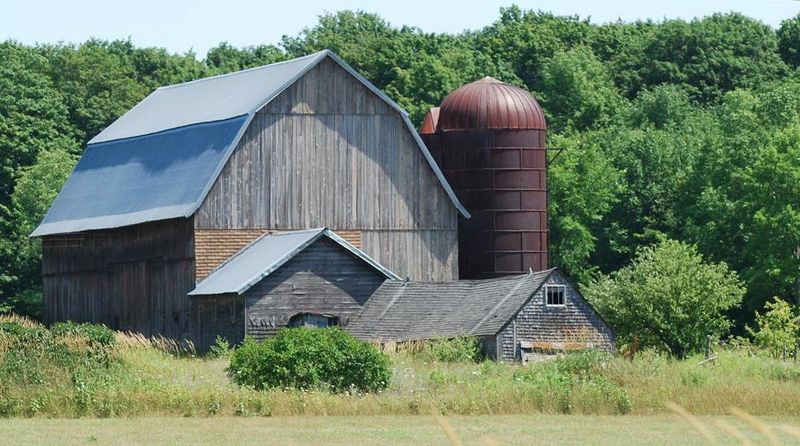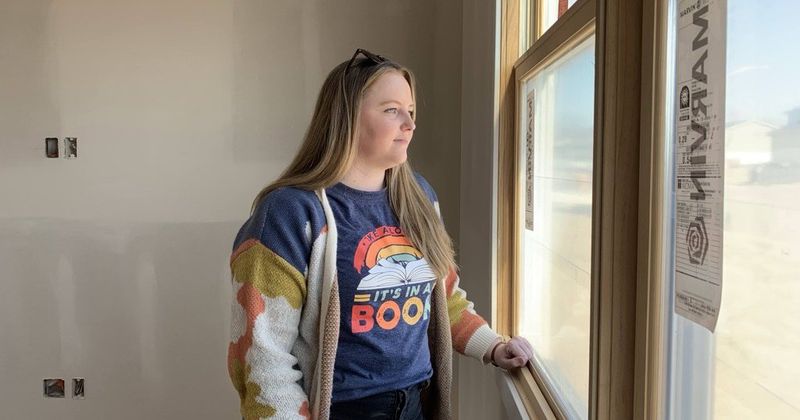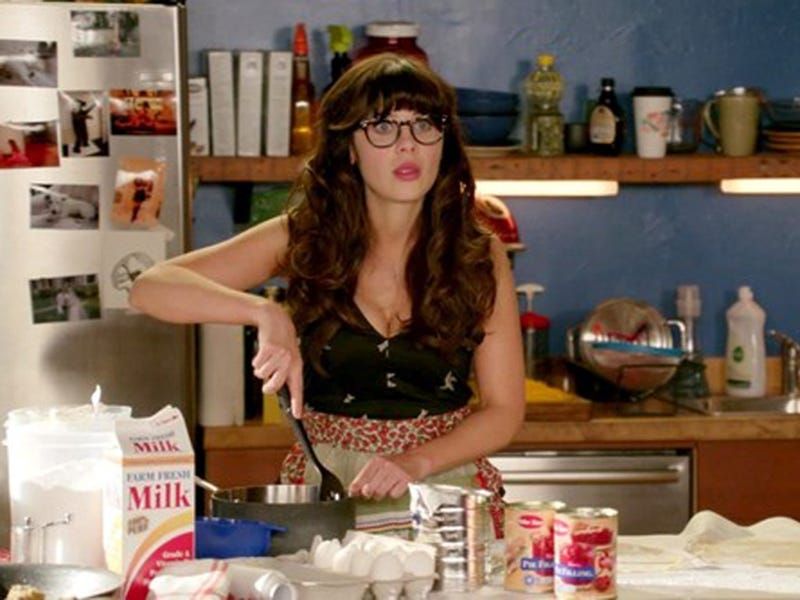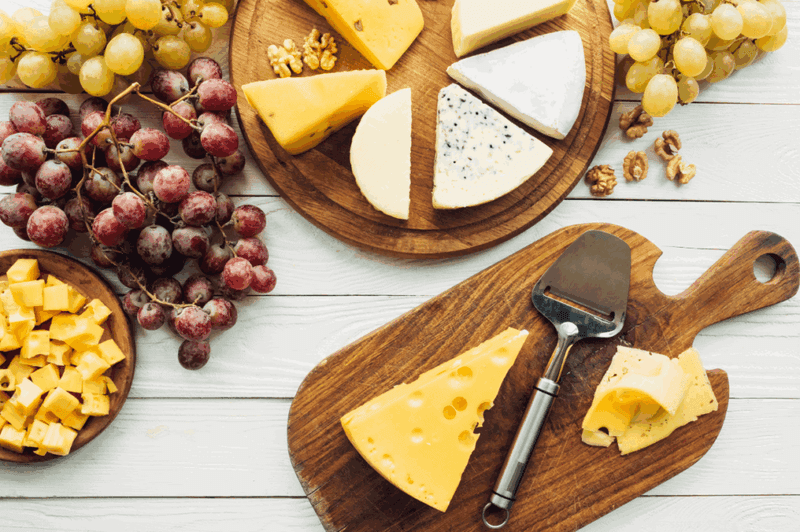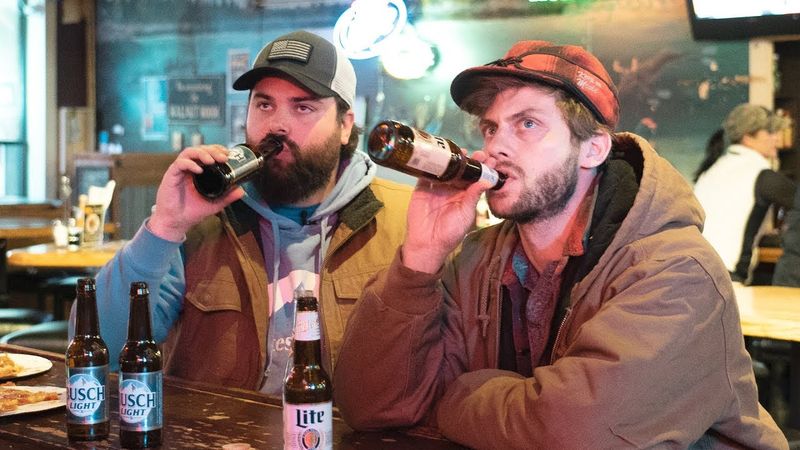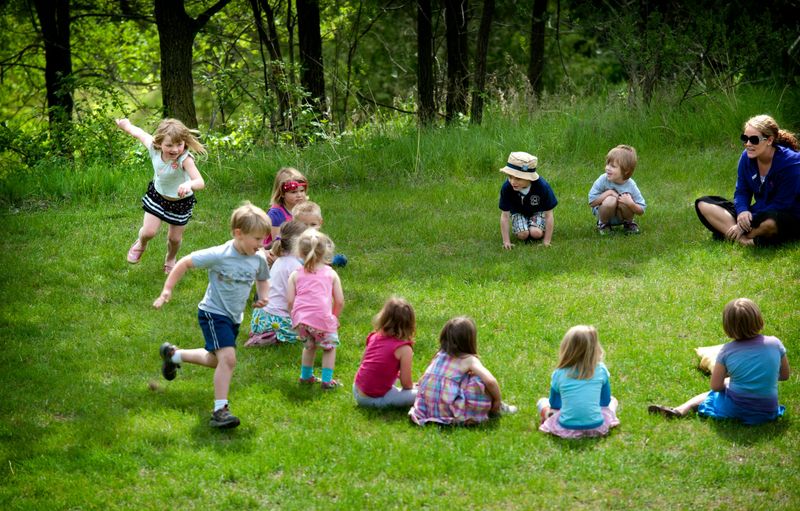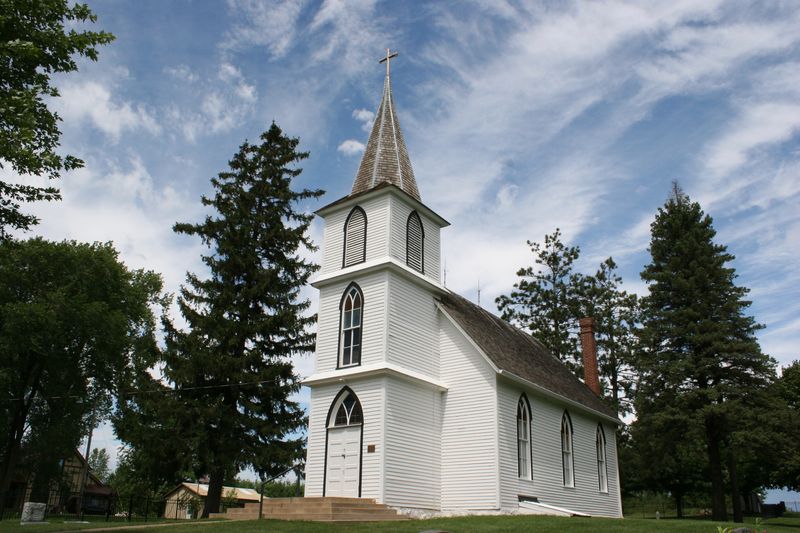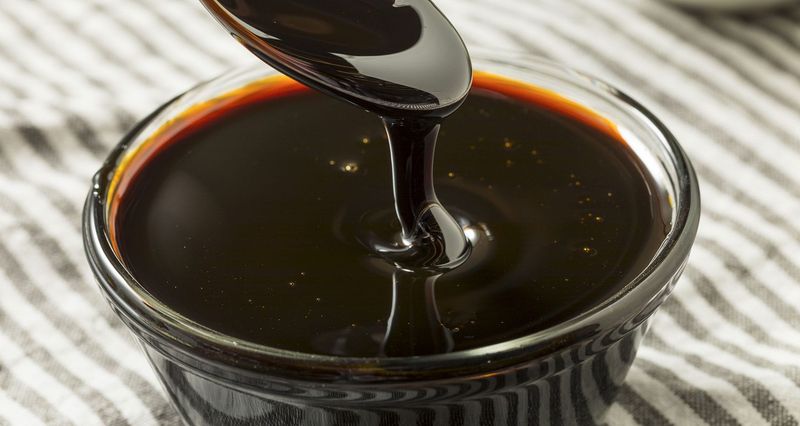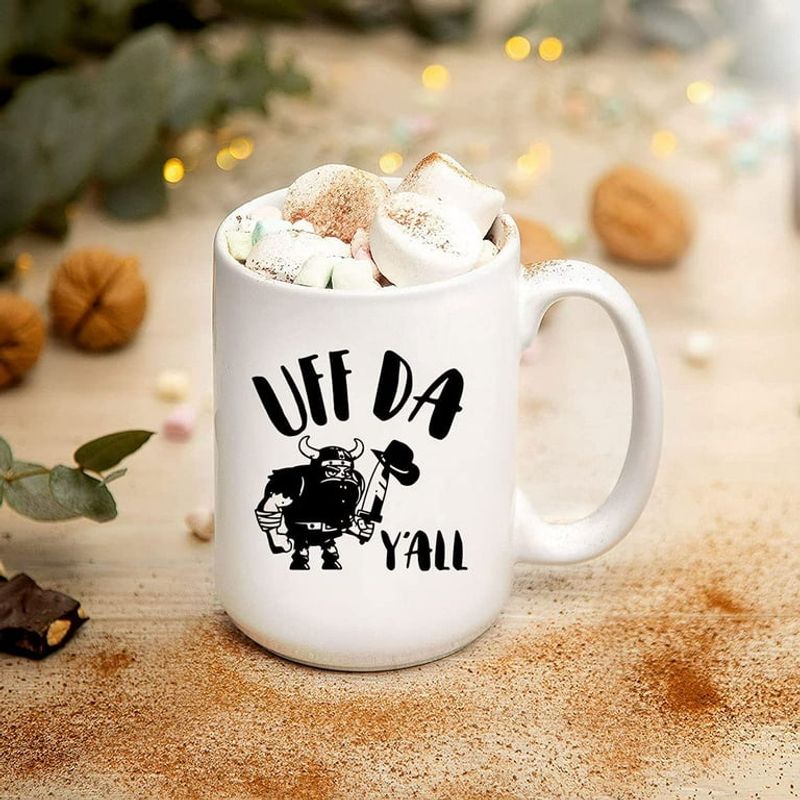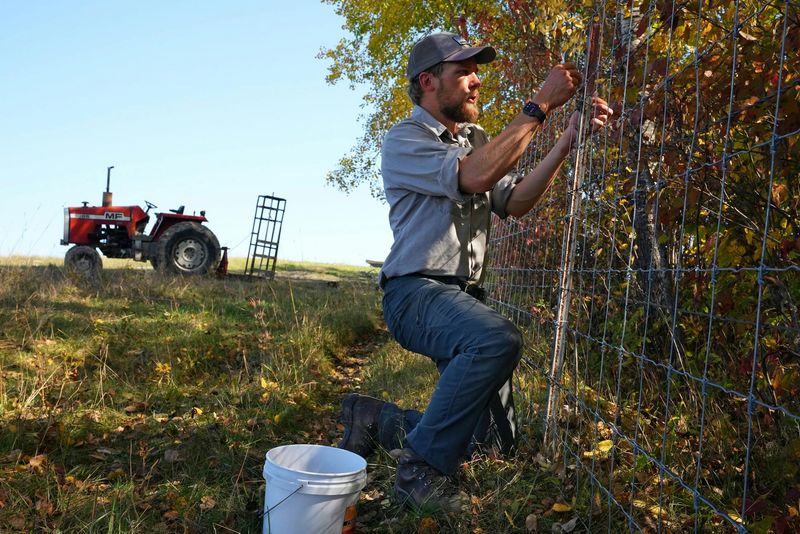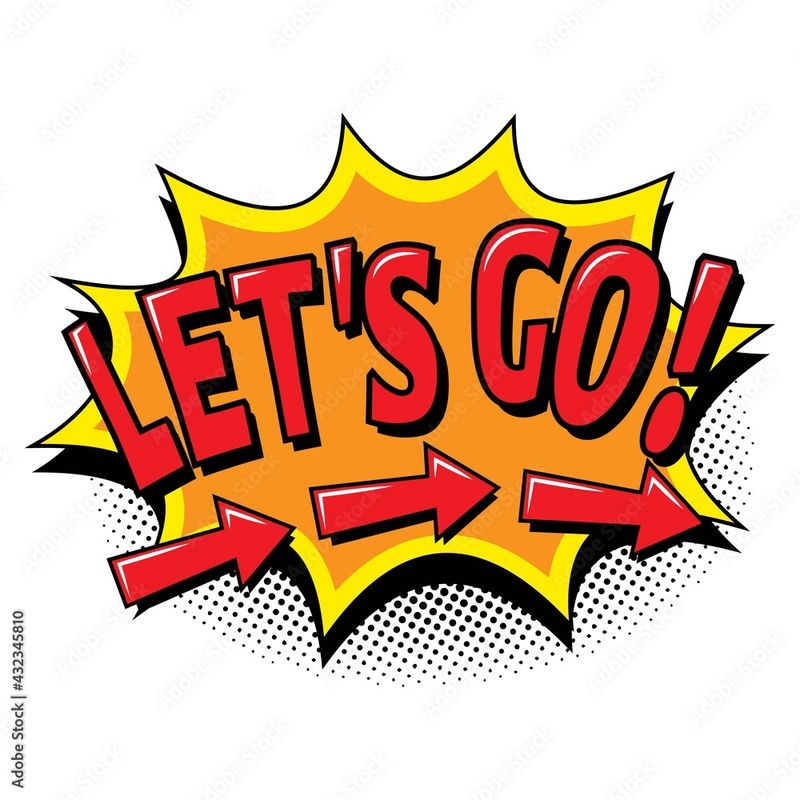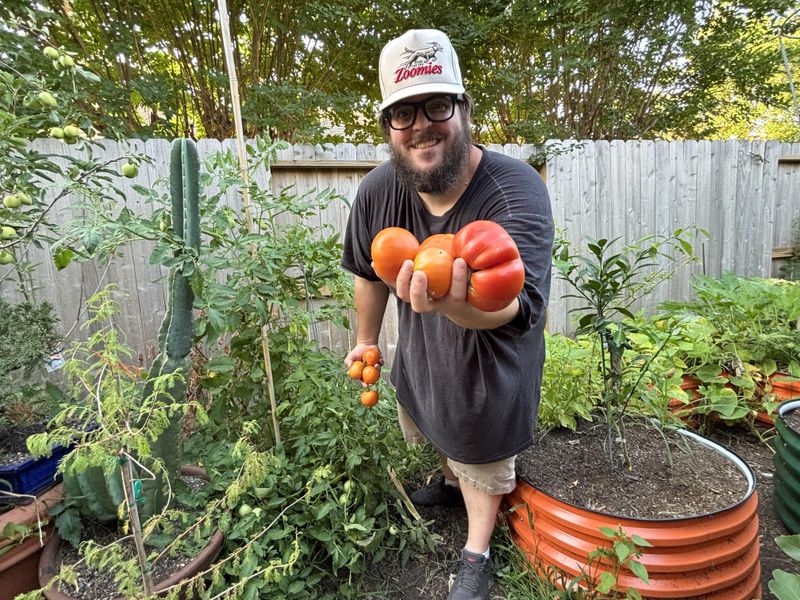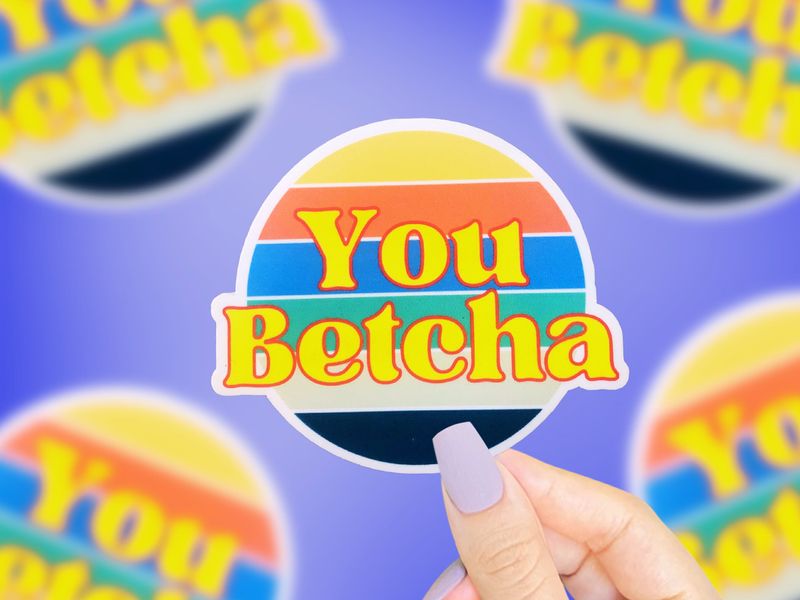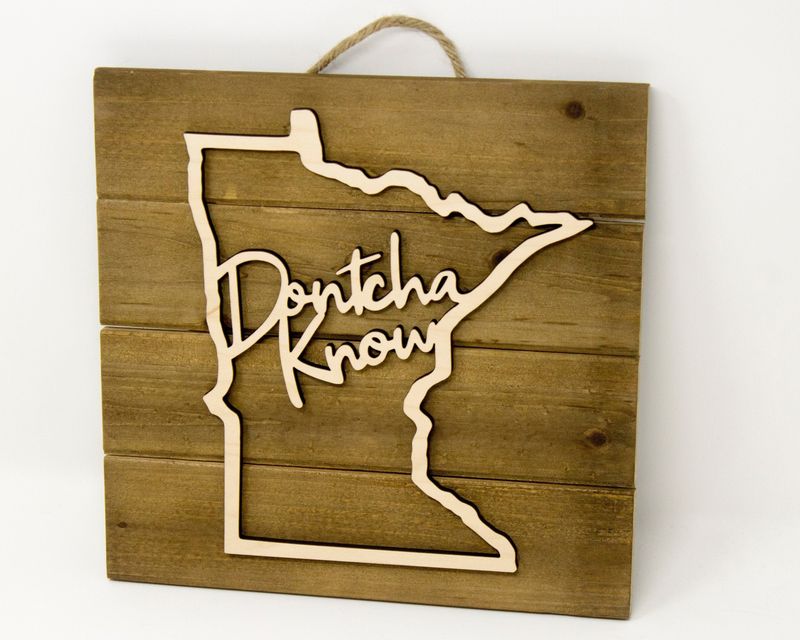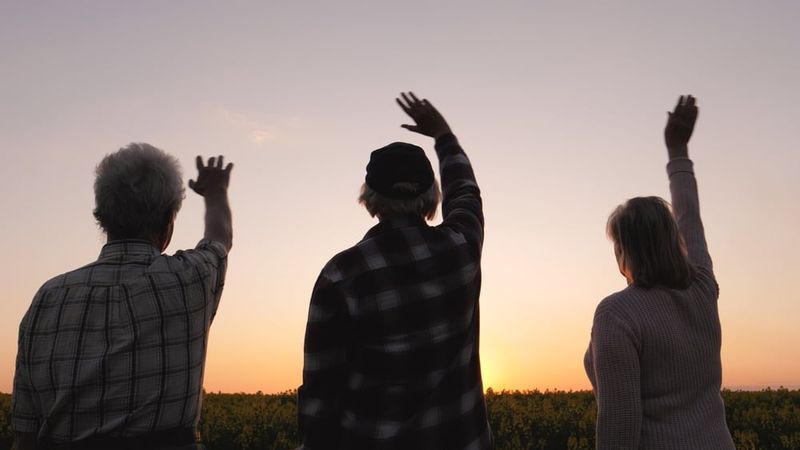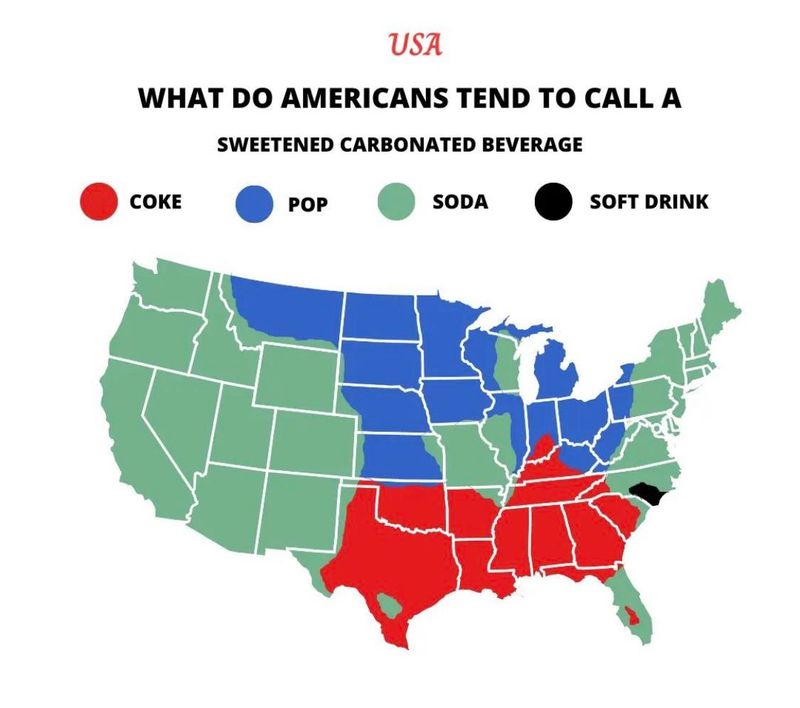If you grew up under a Midwestern roof, you know what it’s like to hear phrases that aren’t just words—they’re practically a family tradition. There’s a unique comfort in that blend of kindness and sass, laced with enough mystery to leave outsiders scratching their heads.
Midwest parents have their own vocabulary, and let’s be honest: it’s equal parts love, logic, and the occasional side-eye. Whether it’s a phrase about frozen toes or a half-whispered warning from the front seat, you know when a Midwestern mom is talking, she means business.
These sayings aren’t just for laughs—they’re practical, sometimes oddly poetic, and totally unforgettable. You won’t find this kind of parenting language anywhere else. So here’s a rundown of 20 Midwest classics that might have you nodding along—or texting your mom to ask what she meant all those years ago.
1. You’ll live.
Stub your toe, drop your phone, or get dumped before prom? The only response you’ll hear is, “You’ll live.” It’s not exactly a hug, but it’s the closest thing to tough love you’ll get in these parts.
This phrase is the ultimate way to say “shake it off” without actually being mean about it. Midwest parents have mastered empathy with an expiration date—acknowledgement, but don’t milk it.
It’s a rite of passage to hear this after every minor mishap. Secretly, it teaches you resilience. Or, at the very least, not to complain about that same stubbed toe twice in one day.
2. Were you born in a barn?
You leave the door open for one second, and suddenly you’re accused of being farm-raised. This phrase is the Midwest version of a gentle roast.
It’s always said with that half-joking, half-serious tone. There’s love in the exasperation, like they want to laugh but also want you to learn.
Even if you grew up in a suburb, you’ll grow up hearing about barns as if you lived next to one. The Midwest never misses a moment for a farm metaphor.
3. Don’t be ugly.
No, they’re not judging your looks. This phrase targets your attitude—the Midwest way to stop snark, sarcasm, or sibling squabbles in their tracks.
It’s all about respect. You’ll hear it at family functions, church picnics, or anytime you’re getting a little too mouthy for grandma’s liking.
A simple phrase, but effective. In the Midwest, kindness is non-negotiable, and ugly behavior won’t fly. Cue the grandma glare for extra effect.
4. You make a better door than a window.
Nothing says “move, please” quite like this classic. You’re fully engrossed in your favorite cartoon, completely oblivious, and suddenly—bam. The ultimate Midwest dad joke, thinly veiled as a request.
It’s delivered with a mix of annoyance and affection, especially when the big game is on. There’s always a hint of humor behind it, which somehow takes the sting out.
Oddly enough, it sticks with you. Even as an adult, you’ll catch yourself saying it to your own kids, and the cycle of Midwest parenting continues. Iconic and perfectly unnecessary.
5. If I had my druthers…
You ever hear someone say, “If I had my druthers,” and think, did I just step into a Mark Twain novel? That’s Midwest code for imagining a world where you actually get your way. You might hear it from your aunt debating pie flavors at Thanksgiving, as if “druthers” is on the menu next to pumpkin and pecan.
The phrase barely makes sense to the rest of America, but in the Midwest, it means, “If it were up to me.” The word itself is a mashed-up version of “I’d rather.” Odd? Yes. But it carries a certain wistfulness, like someone quietly daydreaming about winning the pie debate for once.
Kids grow up hearing it on porches and in cornfields, always in the context of half-serious decisions. Maybe that’s the point: we don’t always get our druthers, but we keep hoping, one slice at a time.
6. That makes as much sense as government cheese.
The phrase, “That makes as much sense as government cheese,” always got a few laughs at my grandma’s. But if you’ve never seen that rubbery, bright orange block on a chipped cutting board, it sounds totally bizarre.
Government cheese—literal government-issue cheese handed out in the ‘70s and ‘80s—became shorthand for something that just didn’t add up. It was processed, unyielding, and not quite what you expected, much like the logic of the situations it describes.
Throw this phrase around when someone’s plan seems doomed from the start. It’s equal parts nostalgia and gentle Midwestern shade, wrapped up in a slice bigger than any sandwich should require. Try explaining that at your next office meeting.
7. He’s schnookered!
The first time I heard “He’s schnookered!” I pictured a man tangled up in a fishing net. Turns out, it’s just another way to say he’s had way too much to drink. In the Midwest, nobody gets plain drunk—they get schnookered, and maybe a little bit ridiculous.
The word rolls off the tongue with a kind of giddy abandon, carrying just enough judgment to make Mom raise an eyebrow. It’s a word that shows up after barn dances, family reunions, or anywhere the beer flows faster than the conversation.
Sometimes, it means you’ve been tricked, too, as in, “He got schnookered out of his last dollar.” But mostly, it’s a warning: don’t let yourself become the story everyone laughs about tomorrow morning.
8. Oh, for cute! / Oh, for fun!
“Oh, for cute!” is the kind of phrase you hear when your grandma spots a baby animal or your best friend’s kid does something unexpectedly sweet. There’s no sarcasm—just a genuine, over-the-top reaction that makes everyone stop and smile.
It’s pure delight, served up with a sing-song lilt you can’t fake. “Oh, for fun!” comes out when something’s just a little too delightful, like pulling a prank on your brother or winning ten bucks at bingo.
If you’re not from the Midwest, these exclamations sound like unfinished thoughts. But here, they’re a badge of enthusiasm. They remind us that it’s okay to gush sometimes, even if you end up sounding like a sitcom character from a lost decade.
9. Duck Duck Gray Duck
Ask a Minnesotan about “Duck Duck Gray Duck” and be ready for a passionate debate. Everywhere else in America, kids play Duck Duck Goose, but not in these parts. Here, “Gray Duck” reigns supreme—and people take it personally.
The rules are almost the same, except the “it” kid gets creative, calling out colors like “yellow duck” or “red duck” before finally picking the “gray duck.” Outsiders shake their heads, but for locals, the game is a childhood rite.
This isn’t just about a playground pastime; it’s about identity. Gray Duck isn’t negotiable, and you’ll get side-eyed if you say otherwise. If you want to fit in up north, better get your ducks (not geese) in a row.
10. The Frozen Chosen
“The Frozen Chosen” could be the name of a metal band, but in the Midwest, it’s a loving (if slightly snarky) nickname for stoic Lutherans and Presbyterians who brave the cold every Sunday. The phrase works on two levels: the literal chill and a nod to the unflappable demeanor of these churchgoers.
They’re resilient, often reserved, and somehow manage to look proud in the teeth of a January windstorm. It’s not a dig; it’s a badge of honor, proof that faith—and maybe a little stubbornness—can get you through anything.
If you ever feel lost in a crowd of Midwesterners, just find the ones who look ready for both prayer and a blizzard. You’ll know them by their handshakes and their layers.
11. Slow as molasses in January
If patience is a virtue, Midwesterners have mastered it—at least, according to the phrase, “Slow as molasses in January.” Cold molasses pours like glue, refusing to budge, and so does everything else when a Midwest winter settles in.
You’ll hear this said about teenagers getting ready for school or the postman slogging down the icy sidewalk. It’s part complaint, part affectionate ribbing, and entirely accurate.
This isn’t just about being slow—it’s about embracing the reality that not everything (or everyone) moves at the speed of sunlight. Sometimes, life in the Midwest asks you to slow down, whether you want to or not.
12. Uff Da!
There’s something cathartic about letting out a big, “Uff Da!” after a long day. Born from Norwegian roots, this phrase packs an entire range of emotions—surprise, relief, fatigue—into two short syllables.
Picture someone just finished shoveling three feet of snow off the driveway. Or a mom folding her fifth load of laundry. That’s a classic “Uff Da” moment.
It’s a verbal shrug, a way to acknowledge life’s messes without making them any messier. Even if you don’t know what it means, you can feel it in your bones. Next time things get overwhelming, give it a try.
13. For cryin’ out loud.
Every family has a phrase for when things go sideways; in the Midwest, it’s “For cryin’ out loud.” It’s the verbal equivalent of rolling your eyes so hard you can see your own regrets.
You’ll hear it when the car won’t start, when the dog tracks in mud, or when your kid spills grape juice on the carpet. It’s frustration, but with a whisper of patience stitched in. The words never sound cruel—just tired, maybe hopeful that this time, someone might actually listen.
This is how Midwesterners keep from swearing in front of Grandma. It’s exasperation, but with its sleeves rolled up, always ready to deal with whatever comes next.
14. He’s got the holler tail.
Most Americans hear, “He’s got the holler tail,” and imagine something out of a children’s book. Midwest farmers know it’s code for a bad mood—usually one that lingers like a rainy day.
The phrase comes from old farm wisdom: a cow with a hollow tail was believed to be sick. Eventually, it became a way to talk about people who just aren’t themselves.
You don’t have to understand the biology to recognize the sentiment. Midwesterners use it as a gentle nudge, a way of saying, “Snap out of it,” without starting a fight before breakfast.
15. Puthergoin-eh!
You don’t just leave the house in the Midwest—you “Puthergoin-eh!” It sounds like a dare and a rallying cry rolled into one. The phrase comes out fast, with an energy that could thaw even the frostiest windshield.
It’s short for “let’s put her going”—translation: time to get moving. The “eh” at the end adds urgency or, depending on your region, a little sass.
You’ll hear it at the start of road trips or when the snow’s piling up and there’s work to do. It’s the kind of phrase that makes you want to lace up your boots and show winter who’s boss.
16. Tough tomatoes!
Every region has its own way of saying, “Too bad!” but in the Midwest, it’s “Tough tomatoes!” This phrase lands somewhere between gentle teasing and real sympathy, depending on who’s saying it and why.
You might hear it after missing a bus or losing a board game—it’s a way to acknowledge disappointment without making it feel heavy. The words themselves are odd, but the tone is almost always affectionate.
Somehow, the image of a tomato tough enough to withstand life’s blows feels just right for the Midwest: resilient, a little weird, and always ready to laugh it off.
17. You betcha!
“You betcha!” is the kind of phrase that makes the Midwest feel like its own country. There’s warmth and certainty in those words, a promise that yes, you really can count on this person to show up.
It’s an enthusiastic yes—no hesitation, no second-guessing, just honest agreement. You’ll hear it everywhere: at checkout lines, church bake sales, or when someone holds the door a beat longer so you don’t freeze.
It’s hard not to smile when you hear it, even if you don’t totally understand. The Midwest has a way of making its quirks contagious. “You betcha” is one of the best.
18. Dontcha know.
Some words stick to a region like frost on a mailbox, and “Dontcha know” is Minnesota’s special sauce. It slips into conversations naturally, adding emphasis or a gentle nudge to keep listening.
It’s more than a question; it’s a subtle invitation to agree, a way to wrap up a point without sounding pushy. You’ll hear it from neighbors, cashiers, even local news anchors.
The phrase is almost musical, softening the edges of anything it touches. It’s part comfort, part camaraderie. If you want to sound like you belong in Minnesota, just add a “dontcha know” and see what happens.
19. Could be worse.
No matter how bad things get, someone in the Midwest will sigh, “Could be worse.” It’s not denial; it’s grit in the face of cracked driveways and frozen pipes.
The phrase is usually followed by a shrug or a knowing smile. It’s a reminder that, sure, things might be falling apart, but at least they aren’t as bad as they could be. There’s humility in those words, a refusal to let anything—no matter how frustrating—ruin the day.
It’s a kind of resilience that grows in places with hard winters and hard-won hope. Midwest optimism isn’t flashy, but it’s steady as a January sunrise.
20. Pop (not soda or coke)
Walk into any gas station in the Midwest and ask for a soda, and you might get a side-eye. Here, carbonated drinks are called “pop”—always have been, always will be. It’s a point of pride, and the debate can get heated.
“Pop” isn’t just about the drink; it’s about insisting on your roots, even when the rest of the world says otherwise. The word pops (pun intended) in conversations with a kind of stubborn joy.
Order a coke in Minnesota and you’ll get a Coca-Cola, not a mystery menu of options. Pop is the universal language of road trips, ball games, and sticky summer afternoons in the Midwest.



